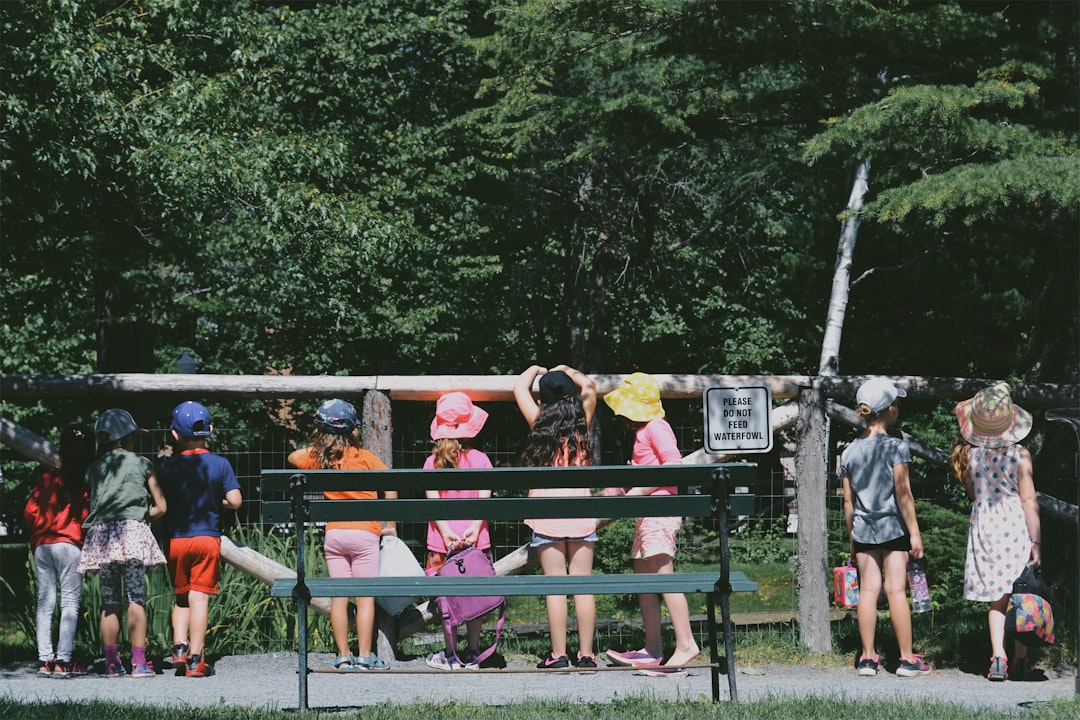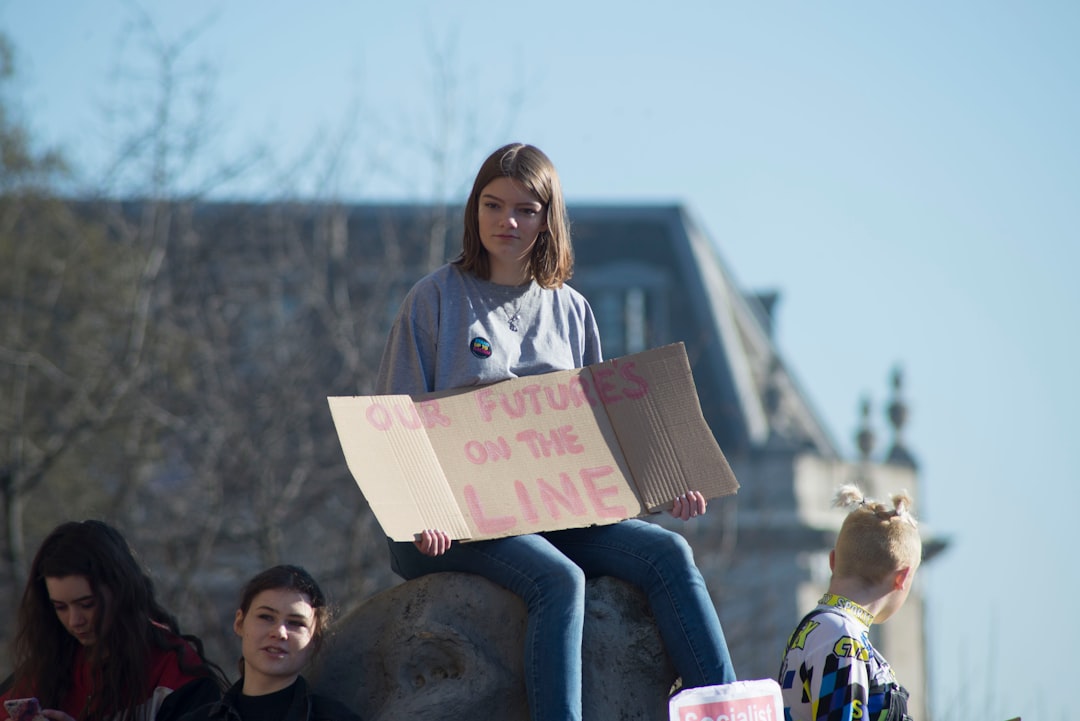What is it about?
Currently, there is scant research that investigates in-depth retired servicemen’s perceptions and experiences of ageing and being physically active, particularly in relation to retirement experiences. In this article, we employ a novel theoretical combination of figurational sociology and symbolic interactionism to explore 20 retired servicemen’s experiences in relation to physical activity (PA), the ageing body and constructions of identity in later life. Participants were aged 60+ and members of the Royal British Legion in a city in the English Midlands. Three semi-structured focus-group interviews and follow-up conversations were completed, together with informal observations. Key findings revealed that although participants recognised the need for regular PA, their perceptions routinely centred upon the ‘felt’ limitations of the ageing body, often in stark contrast to their former ‘disciplined’, active, military bodies. Despite their perceived bodily limitations, however, many ex-service personnel still endeavoured to stay physically active. Findings highlight the importance of the temporal aspects of older adults’ lived experiences of exercise and PA. Past experiences of PA and exercise were identified as strongly shaping current-day motivations, attitudes and behaviours.
Featured Image
Why is it important?
There is currently very little qualitative research that investigates in-depth retired servicemen’s perceptions and experiences of ageing and being physically active, particularly in relation to retirement experiences. In this article, we seek to address this gap in the literature.
Read the Original
This page is a summary of: ‘We may be falling apart but we still keep going’: retired servicemen’s experiences of their ageing bodies, Qualitative Research in Sport Exercise and Health, September 2017, Taylor & Francis,
DOI: 10.1080/2159676x.2017.1366357.
You can read the full text:
Contributors
The following have contributed to this page










